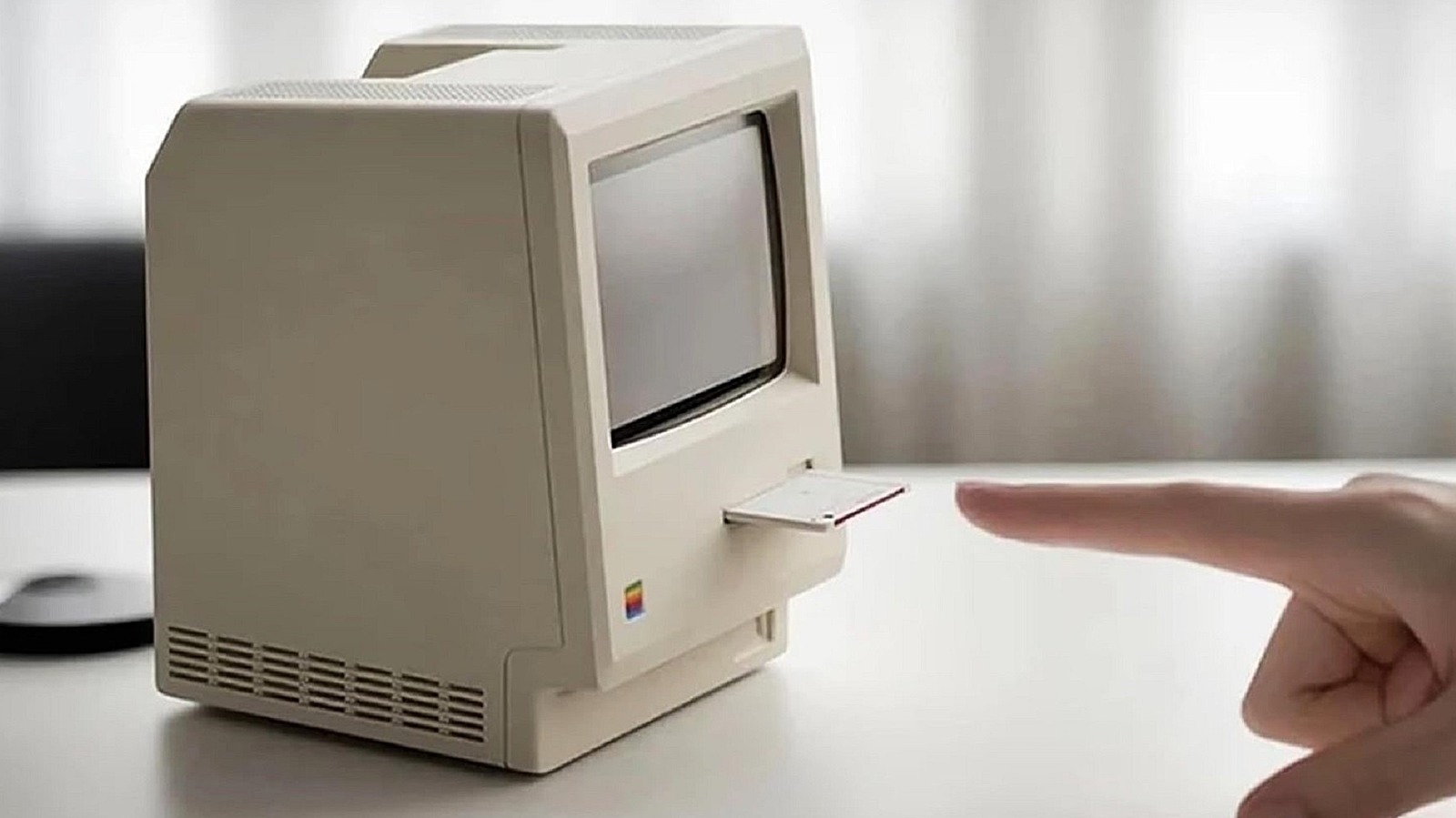The ARMEL and MIPS64EL architectures have been dropped from Debian unstable and experimental. This is the end of the road for these aging ARM and MIPS targets in the Debian world.
The ARM EABI “armel” for older ARM 32-bit devices and MIPS 64-bit “mips64el” targets have been fading away for a while with declining relevance and lack of hardware availability and waning developer interest too. For ARMEL the most notable hardware is the Raspberry Pi 1 and Raspberry Pi Zero (W) boards but besides that not too much activity these days from those running ARMEL and actively upgrading to new (Debian) Linux OS releases. The MIPS architecture has been fading into obscurity for a while.
Debian 13 that launched earlier this year announced it would be the last release supporting ARMEL and the MIPS architectures were removed. They outlined in the Debian 13 “Trixie” release notes:
“5.1.3. Last release for armel
From trixie, armel is no longer supported as a regular architecture: there is no Debian installer for armel systems, and only Raspberry Pi 1, Zero, and Zero W are supported by the kernel packages.Users running armel systems can upgrade to trixie, provided their hardware is supported by the kernel packages, or they use a third-party kernel.
trixie will be the last release for the armel architecture. Debian recommends, where possible, reinstalling armel systems as armhf or arm64, or retiring the hardware.
5.1.4. MIPS architectures removed
From trixie, the architectures mipsel and mips64el are no longer supported by Debian. Users of these architectures are advised to switch to different hardware.”
Now the latest step as part of sunseting MIPS64EL and ARMEL is removing those architectures from Debian unstable and experimental archives.
The announcement went out yesterday over the removal from Debian experimental and unstable of these architectures.
In the discussion over Debian armel there was hopes that it would be added to Debian’ss LTS/ELTS support for Trixie. But apparently that won’t happen over lack of any sponsors. For disabling MIPS64EL there wasn’t any real resistance or apparent users left to care.









